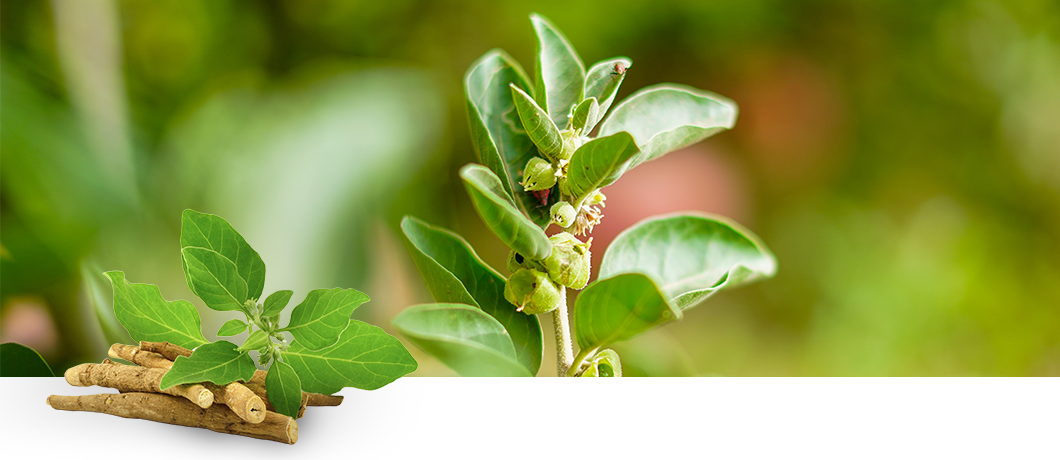Ashwagandha Practical Guide: How to Use, Dosage & Products

Ashwagandha is one of the most popular adaptogens in modern wellness. Known for its ability to support stress resilience, balance, and overall vitality, it’s available in many forms — from capsules and powders to extracts. This practical guide explains how to take Ashwagandha effectively, what dosage to consider, and how to choose the product that fits your goals.
How to Take Ashwagandha
Ashwagandha can be taken as a capsule, powder, or liquid extract. Most users prefer capsules for convenience, while powders mix easily with smoothies or warm drinks. Consistency is key — regular use over several weeks typically provides the best results.
When Is the Best Time to Take It?
The ideal time to take Ashwagandha depends on your goals. Many prefer taking it in the evening to promote calm and better sleep, while others use it in the morning for balanced energy throughout the day. You can experiment to see what works best for your routine.
Understanding Ashwagandha Dosage
Typical daily doses range from 300–600 mg of a high-quality root extract, standardised to withanolides. Beginners may start at the lower end and increase gradually. Always follow the instructions on your chosen product and consult your healthcare provider if unsure.
Choosing the Right Ashwagandha Product
Ashwagandha comes in many forms and strengths. Look for products with transparent lab testing, clear active ingredient concentration, and natural formulations. Cibdol’s Swiss-quality supplements are designed for purity, consistency, and efficacy.
How Long Should You Take Ashwagandha?
Ashwagandha can be used daily for several weeks or as part of a long-term wellness routine. Some people take short breaks every few months to assess results and maintain sensitivity to the active compounds.
Combining Ashwagandha With Other Supplements
Ashwagandha often works synergistically with other natural compounds like Shilajit, Spermidine, or CBD — each offering unique support for vitality, balance, and recovery. Start slowly and monitor how your body responds before combining multiple supplements.
Key Takeaways
- Take Ashwagandha consistently for best results
- Standard dosage: 300–600 mg daily
- Choose clean, lab-tested supplements
- Adjust timing (morning or evening) based on your goals
Ashwagandha is a safe, natural way to help your body adapt to stress and restore balance. Whether you’re just getting started or refining your wellness routine, understanding how to use it correctly is the key to unlocking its full potential.












